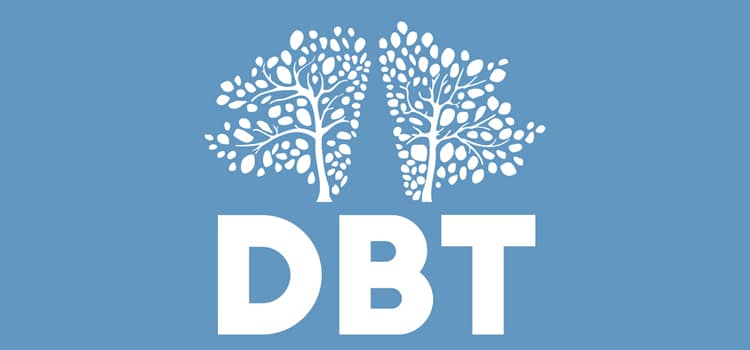Efficacy of DBT
It is one of the few empirically validated (in research) methods for borderline disorder . The research found that people who were assigned to DBTthey were less likely to engage in parasuicidal behaviour, less likely to drop out of therapy (16%, compared to 50-55% in the control group), less likely to be hospitalized. At the end of the treatment (12 months), DBT patients obtained a higher assessment of general adjustment in the interview (made by an independent diagnostician) and higher self-assessment regarding their own social roles (work/family/school). The subjects decided that they better: regulate emotions; solve relationship problems; adapt to social requirements and norms; they tolerate reality and their mental suffering. Positive trends were confirmed in interviews 6 and 12 months after the end of therapy. By reading the article you will get to know the efficacy of dbt therapy in London and what issues it can help with.
Depression
In 2002, the effectiveness of DBT was studied in the case of elderly people suffering from depression. Older people are a demanding group, they have lower cognitive and physical abilities, and often do not see the point of changing their lives at this stage of life. Only skills training and crisis coaching were used in the treatment. 71% of people who used this treatment significantly improved their well-being, compared with 47% who improved with another treatment.
Teenagers with suicidal tendencies
A modified version of DBT (16-24 weeks outpatient treatment) for adolescents who have engaged in self-harm and suicide attempts. Before treatment, 8 out of 12 adolescents had at least one suicide attempt. None of the 12 had any suicide attempts during treatment or one year after treatment.
Addiction and borderline
About half of people with BPD have problems with using psychoactive substances (drugs, medications, alcohol). Therefore, they suffer from two ailments and require special treatment. Linehan (1999) studied 28 addicted women, 12 of whom underwent a year of DBT treatment and 16 received regular community treatment. DBT proved to be a more effective treatment already during the treatment and 16 months after its completion.
Binge eating and bulimia
A special version of DBT for people who overeat or suffer from bulimia was studied in 2001 by Safer and Telch. DBT turned out to be more effective than treatment in the control group – 89% of people were able to stop binge eating. In the control group, only 12.5% of people managed to do it. These people were examined once after 6 and 12 months, the effects of the therapy were maintained.
Efficacy of Modified Dialectical Behavioral Therapy
Some say that DBT cannot be done individually, that you need a team (we have a team since 2017 ). However, Marsha Linehan makes it clear in her book that an individual therapist can also arrange DBT in her private practice. Provided he can maintain discipline by separating individual sessions from Skills Training, maintain telephone skills support sessions, and have regular supervision. So don’t be afraid, my experience clearly shows that you have to start somewhere, besides, team meetings can take place online, i.e. the team can be between several private offices, currently behavioral tech offers online training with DBT and then encourages you to such a model. Occurthe first studies confirming the effectiveness of such an individual DBT model. No wonder, after all, the author of this therapy herself began in this way.



